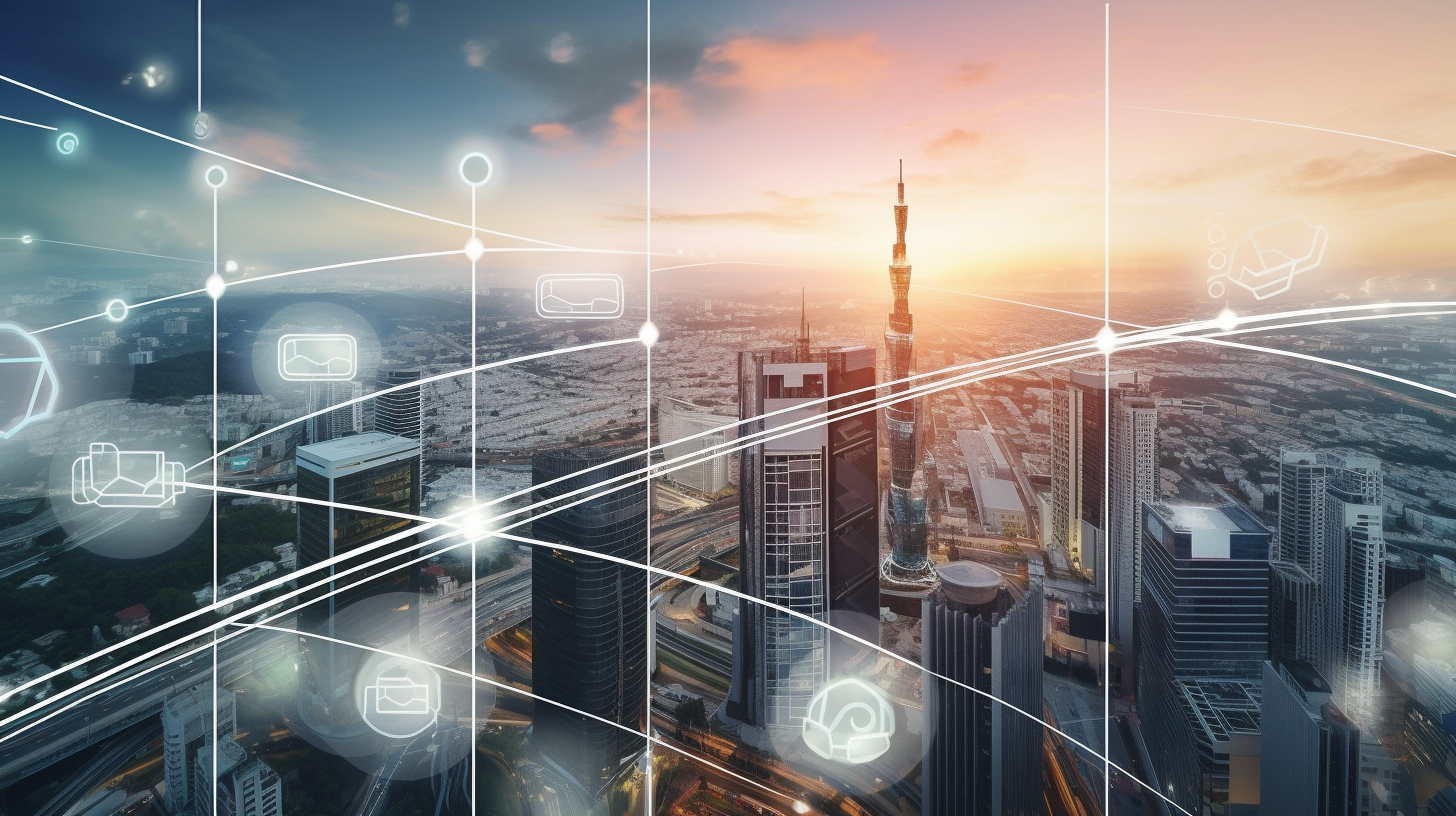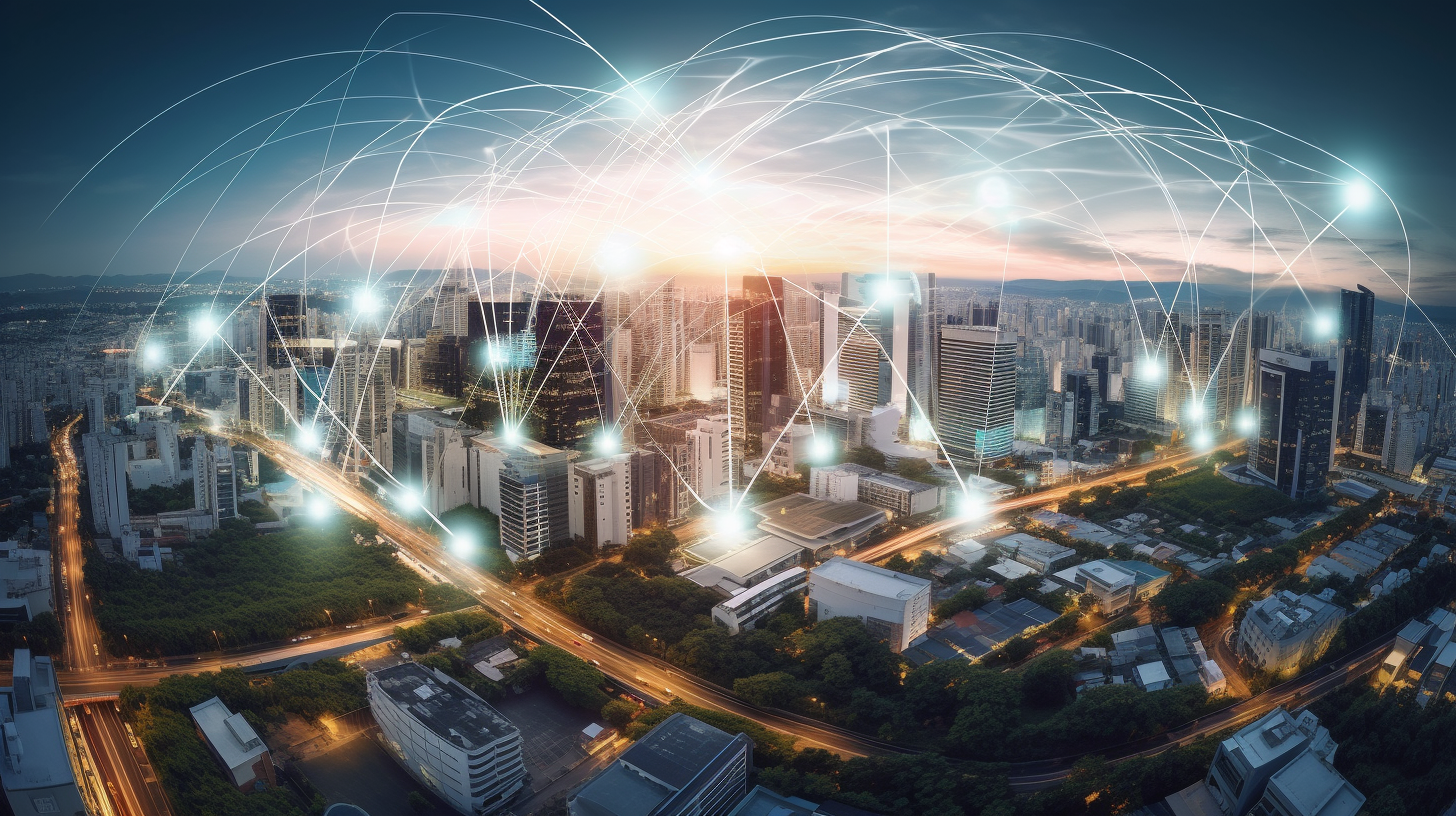Decoding 5G: Beyond Faster Internet and the Real-life Applications: The Future of Connectivity
Discover the transformative potential of 5G technology, its applications beyond just faster internet, and how it's set to revolutionize our world.

Introduction to 5G The digital age has seen a rapid evolution in connectivity standards. From the humble beginnings of 1G to the current 5G revolution, each generation has brought about significant advancements. But what exactly is 5G, and how did we get here?
What is 5G? 5G, or fifth-generation technology, represents the latest standard for mobile networks. It promises speeds up to 100 times faster than its predecessor, 4G, and offers a more stable and responsive internet experience.
Evolution from 1G to 5G The journey from 1G to 5G has been nothing short of remarkable. While 1G introduced us to mobile voice calls, 2G brought text messaging. 3G ushered in the era of mobile internet, and 4G solidified the age of mobile broadband. Now, 5G is set to redefine the boundaries of what's possible.
Decoding 5G: Beyond Faster Internet While many associate 5G with just faster internet, its implications run much deeper.
The science behind 5G At its core, 5G leverages higher frequency bands, known as millimeter waves, to achieve its impressive speeds. These waves have a shorter range but can carry more data, making them ideal for densely populated areas.
How 5G differs from 4G Apart from speed, 5G offers lower latency, meaning reduced lag times. This is crucial for applications like real-time gaming and autonomous driving.

Real-life Applications of 5G The potential applications of 5G extend far beyond just faster browsing.
Healthcare advancements From remote surgeries to real-time patient monitoring, 5G can revolutionize healthcare, making treatments more accessible and efficient.
Smart cities and infrastructure Imagine traffic lights that adapt in real-time to traffic conditions or waste management systems that optimize collection routes based on real-time data. That's the potential of 5G in urban planning.
Enhanced virtual reality and gaming With reduced latency and faster speeds, 5G can take virtual reality and gaming to unprecedented levels, offering more immersive experiences.
Improved autonomous vehicles For self-driving cars to become a mainstream reality, they need to communicate with each other and their surroundings in real-time. 5G can make this possible.
Agriculture and smart farming From drone-based crop monitoring to automated irrigation systems, 5G can usher in a new era of precision agriculture.
Remote work and education The pandemic has shown the importance of reliable internet for remote work and learning. 5G can make these experiences smoother and more efficient.
Benefits of 5G The advantages of 5G are manifold.
Speed and latency improvements As mentioned, 5G offers unparalleled speeds and reduced lag times, enhancing user experience.
Increased connectivity 5G can support more devices simultaneously, making it perfect for the Internet of Things (IoT) era.
Energy efficiency 5G networks are designed to be more energy-efficient, reducing their carbon footprint.
Enhanced data security With advanced encryption standards, 5G offers a more secure browsing experience.
Challenges and Concerns However, like any technology, 5G comes with its set of challenges.
Health and safety concerns There have been debates about the safety of 5G radiation, though most scientific studies have found it to be safe.
Infrastructure costs Setting up 5G networks requires significant investment, which can be a barrier for some regions.
Compatibility issues Not all devices are 5G compatible, and there will be a transition period as the world adapts to this new standard.
Geopolitical tensions The race to 5G dominance has also sparked geopolitical tensions, with countries vying for leadership in this critical technology.

Future of 5G The journey of 5G is just beginning.
Integration with IoT As more devices become interconnected, 5G will play a pivotal role in facilitating this massive web of connectivity.
Role in the post-pandemic world The importance of reliable internet has been underscored by the pandemic, and 5G will be at the forefront of the post-pandemic digital revolution.
Potential for 6G and beyond While 5G is still in its infancy, research into 6G has already begun, hinting at the limitless potential of future connectivity standards.
FAQs
How does 5G work? 5G uses higher frequency bands, known as millimeter waves, to achieve faster speeds and lower latency.
What makes 5G different from 4G? Apart from faster speeds, 5G offers reduced lag times, making real-time applications more feasible.
Are there health risks associated with 5G? Most scientific studies have found 5G radiation to be safe, though research is ongoing.
When will 5G be available everywhere? The rollout of 5G is a gradual process, and its availability will vary by region and country.
Do I need a new phone for 5G? Yes, to access 5G networks, you'll need a 5G-compatible device.
What's next after 5G? Research into 6G has already begun, though it's still in the early stages.

Decoding 5G goes beyond just understanding faster internet speeds. It's about recognizing the transformative potential of this technology and how it's set to reshape our world in myriad ways. From healthcare to urban planning, the applications of 5G are vast and varied. As we stand on the cusp of this new era, it's an exciting time to be alive.